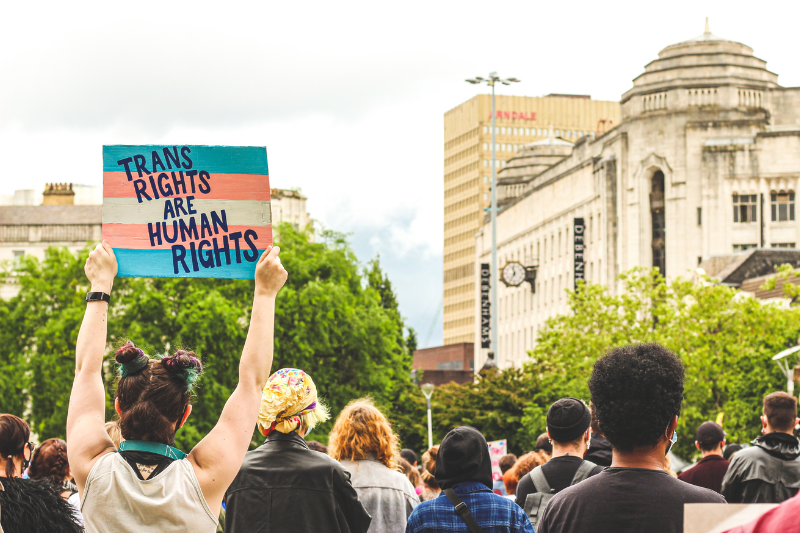
guanajuato advances transgender rights with legal recognition breaking barriers
Transgender people in Guanajuato, Mexico, stand up to impressive deterrents in getting legitimate acknowledgment of their sexual orientation personality. These challenges, enveloping financial, therapeutic, and labor separation, emphasize the critical requirement for the foundation of a streamlined preparation for upgrading character reports.
The Keys to My Freedom
“The Keys to My Freedom,” a narrative collaboration between Human Rights Watch and Amicus DH, gives a piercing depiction of the battles confronted by transgender women such as Ivanna Tovar and Kassandra Mendoza in Guanajuato. Through their stories, the documentary underscores the significant effect of the state’s disappointment to supply a component for lawful sexual orientation acknowledgment. Transgender people describe encounters of segregation in business and instruction, emphasizing the urgent role of sexual orientation acknowledgment in empowering honorable jobs.
Authoritative Scene: Advance and Deterrents
In spite of promotion endeavors and authoritative activities, advance in tending to transgender rights in Guanajuato has been moderate. Whereas the Law for Persons of Sexual and Gender Diversity speaks to a step forward, its disappointment to envelope arrangements for sexual orientation acknowledgment for trans people highlights the limitations of existing lawful systems. Past endeavors to present sex acknowledgment bills have confronted obstacles, signaling the challenges in exploring authoritative forms and settling in societal states of mind.
Universal and Household Objectives
Universal and residential lawful systems give clear direction on the basics of setting up streamlined and comprehensive forms for legitimate sexual orientation acknowledgment. Decisions by the Inter-American Court of Human Rights and the Mexican Supreme Court emphasize the standards of self-identification, protection, and expeditiousness in sexual orientation acknowledgment strategies. These orders emphasize the commitment of states to maintain the rights of transgender people and guarantee their full support in society.
Pressing Steps for Change
In light of the reported hardships confronted by transgender people in Guanajuato, pressing activity is required to address the systemic boundaries to legitimate acknowledgment of sex personality. Human Rights Watch calls upon Guanajuato’s specialists to notice the voices of transgender people and prioritize the foundation of a regulatory sexual orientation acknowledgment method. This strategy must adjust with worldwide and residential legitimate measures, guaranteeing availability, productivity, and regard for individuals’ independence.
The predicament of transgender people in Guanajuato underscores the pressing need for comprehensive changes to maintain their rights and respect. Through activities such as “The Keys to My Freedom” and authoritative backing, strides have been made in raising mindfulness and advancing inclusivity. In any case, significant change requires concerted endeavors from policymakers, respectful society and the broader community to order authoritative changes and actualize comprehensive approaches. By prioritizing the foundation of a legitimate sexual orientation acknowledgment method, Guanajuato can confirm its commitment to human rights and guarantee that transgender people can live with respect and balance.







